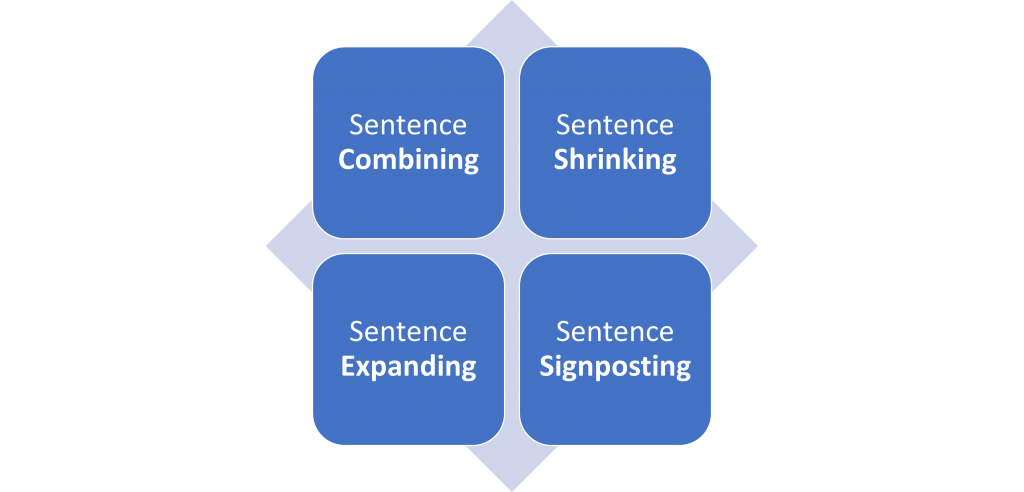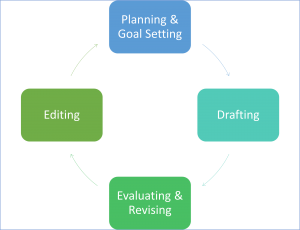Why is writing important?
There are many reasons its important to develop students’ ability to write across the curriculum, here are just a few:
- in history, it gave humans the ability to store and retrieve ideas efficiently and accurately.
- it is durable. It is steadfast and hardwearing. It is expected to be polished in ways that conversational speech is not.
- it shares so many concepts and characteristics with other aspects of literacy, such as speaking, listening and reading.
- it leads to opportunities. The reality is that in most professions, adults are expected to engage every day in writing.
With the creation of the internet, writing has diversified and become easier to produce. Now, any type of writing by any author can be published to a limitless audience. Our students are likely to want to share and participate in these dialogues, and therefore must have the written skills to do so, but they must also be able to confidently filter through extensive amounts of text, determining legitimacy, accuracy, intentions or so-called ‘fake news’.
Why can writing be challenging?
In 2019 the EEF concluded writing is a challenging process as it includes many different elements which are demanding on the working memory. These 3 elements are processes which should be explicitly taught in the classroom to avoid the heavy burden on students’ working memory.
These elements are as follows:
1.Text generation or composition
Students need to have knowledge about the content of what they are writing but they must also have knowledge of how to write for the appropriate purpose or style. If students are short of ideas of what to write, or possess a limited range of vocabulary, they might struggle to generate or compose an extended piece of writing.
2. Transcription skills
Students must be able to physically write or type to record their ideas and they must have enough time to do so. Students who aren’t given sufficient opportunities to develop fluency with their spelling or handwriting at primary school or on transition to secondary school, will struggle with this element of writing. Similarly, students who aren’t given the right exam concessions would not produce an effective piece.
3. Executive functions
Finally, when writing, students need to use executive functions such as self-regulation, planning, problem solving and monitoring. If students aren’t equipped with these skills or if they aren’t suitably motivated to write, they’ll find this aspect of writing particularly challenging.
Key principles to develop writing
- Explicitly teach students how to write
- Embed writing instruction into the curriculum
- Guide students to plan, draft, evaluate and edit their writing
Composing sentences
These 4 ways of ‘uplifting’ sentences are a useful starting point for developing students’ sentence composition. (Alex Quigley, Closing the writing gap.)

- Sentence combining: Combining two or more sentences into a longer, complex sentence.
- Sentence expanding: Developing a sentence by adding extra detail or ambitious vocabulary.
- Sentence shrinking: Reducing the sentence length.
- Sentence signposting: Using a range of words to start sentences.
The writing process
We can develop students’ extended writing by following a 4 stage cyclical writing process:

- Planning and goal setting: Gather information from reading, prior knowledge, worked examples and partner talk to set writing goals.
- Drafting: Select words and sentences that will accurately convey ideas.
- Evaluating and revising: Make changes to the text based on self-evaluation and feedback from others.
- Editing: Make changes to ensure the text is accurate and coherent.
In order to be successful in developing students’ skills in a sustainable manner:
- This needs to be taught explicitly,
- It should be modelled or scaffolded
- It could embrace oracy and self talk.